The criminal revelations regarding Didier Reynders, a former European Commissioners, continue to send shockwaves through Brussels.
The European Commission has categorically denied knowing anything related to the money-laundering scheme that Didier Reynders has allegedly operated for years, including during his five-year mandate as Commissioner for Justice.
The Commission also expressed its openness to cooperate in the ongoing investigation.
The presumed scheme involved purchases of lottery tickets and cash of unknown origin, according to revelations made by Follow The Money and Le Soir on Tuesday evening. Belgian police have already questioned Reydners and raided several of his properties.
The 66-year-old politician has not yet publicly replied to the accusations. It's unclear how much money could have been potentially laundered.
On Wednesday, the Commission faced multiple questions about the suspected activities of Reydners, who left office over the weekend as the new College stepped in.
"We have, of course, seen the media reports about a case involving former Commissioner and former minister, Didier Reynders. We do not have any further information on this matter," a Commission spokesperson said.
"If the Belgian authorities were to contact us, we are going to collaborate with them."
Belgian police have not reached out to the Commission to obtain information or conduct searches, the spokesperson said. The criminal probe is said to cover Reynders's mandate as Commissioner and his previous position in domestic politics.
According to the information by Follow The Money and Le Soir, Belgian authorities waited until Reydners left office on Sunday to go ahead with the raids. Before then, the Commissioner had been protected by immunity, similar to members of the parliament.
The immunity continues to apply once they depart the executive but only for acts performed "in their official capacity" as Commissioners, the spokesperson clarified.
The revelations involving Reydners sent shockwaves through Brussels as they coincide with the start of Ursula von der Leyen's second mandate. Among her priorities, the Commission president has vowed to reinforce compliance with the rule of law to protect fundamental rights and the integrity of the EU budget.
"Strengthening the rule of law will be our daily work and duty," von der Leyen said in her political guidelines.
The fact that Reynders, whose portfolio included the rule of law, is now the target of a criminal investigation has not gone unnoticed by his critics in Poland and Hungary, against whom Reynders and his team launched legal proceedings and froze EU funds.
"Mr Rule of Law from Brussels is currently unavailable to lecture Poland on how the justice system should function," said Mateusz Morawiecki, the former prime minister of Poland, who introduced a highly controversial judicial reform during his tenure.
Kinga Gál, a leading MEP from Fidesz, Viktor Orbán's party, also took a swipe, saying the criminal inquiry into Reynders was "the latest chapters of Brussels' hypocrisy".
"Instead of attacking Member States on ideological grounds, Brussels should first get its own house in order," Gál wrote on social media.
Asked if the probe could diminish the credibility of the Commission in matters related to the rule of law and fundamental rights, a spokesperson refused to comment.
"We will absolutely not prejudge any outcome of the investigation," the spokesperson said. "We have no further information and therefore we'll have no comments whatsoever on what would be, at this stage, really premature."

 3 months ago
34
3 months ago
34
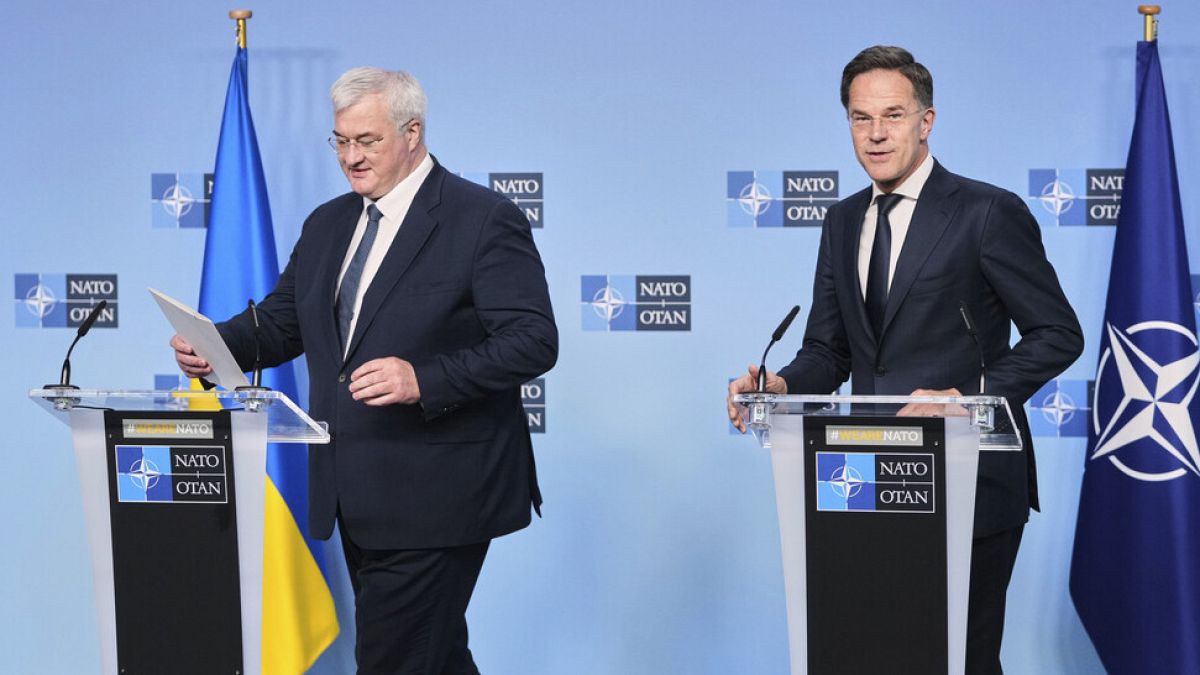

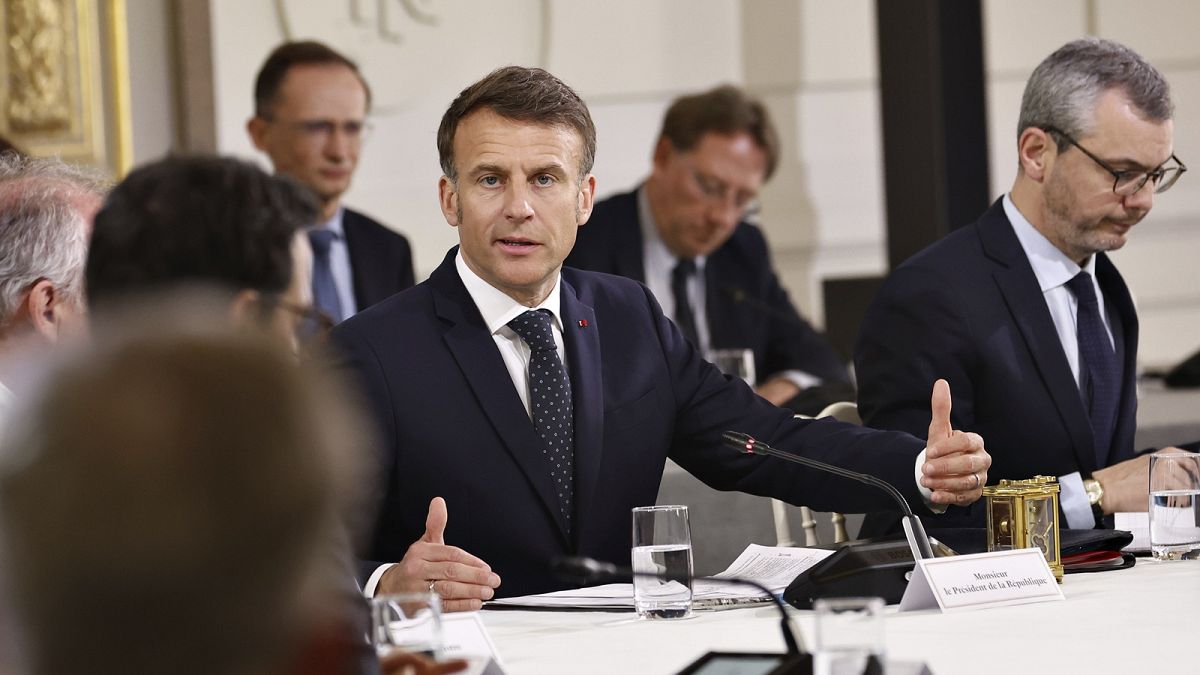
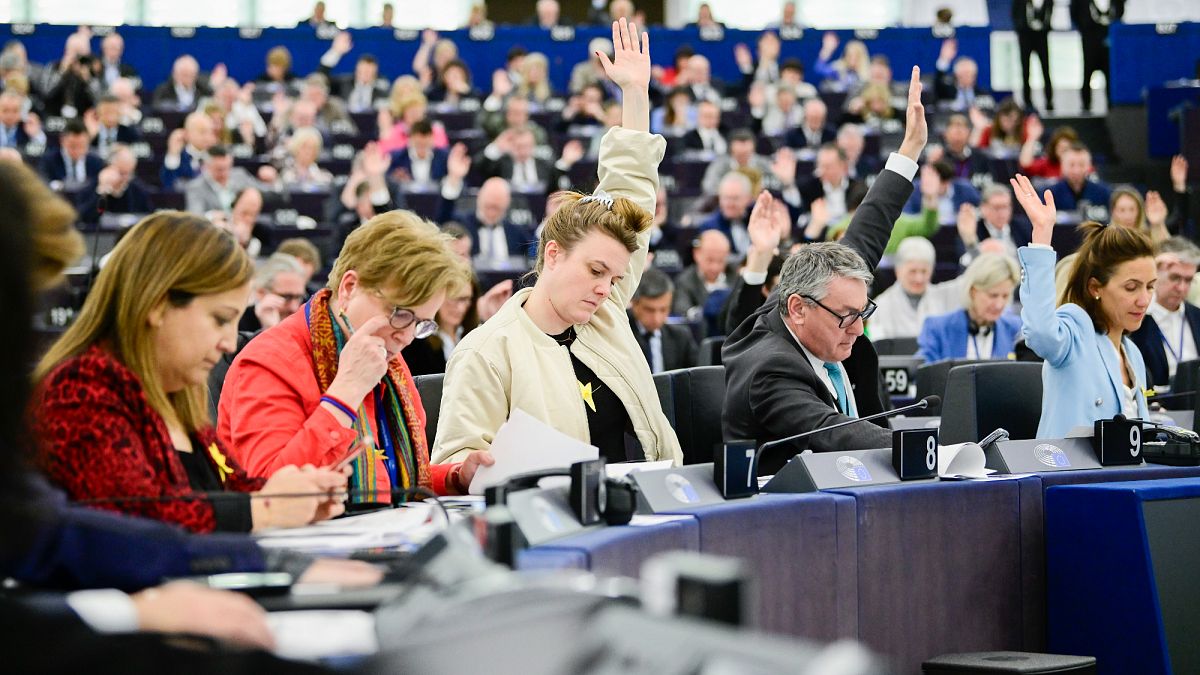
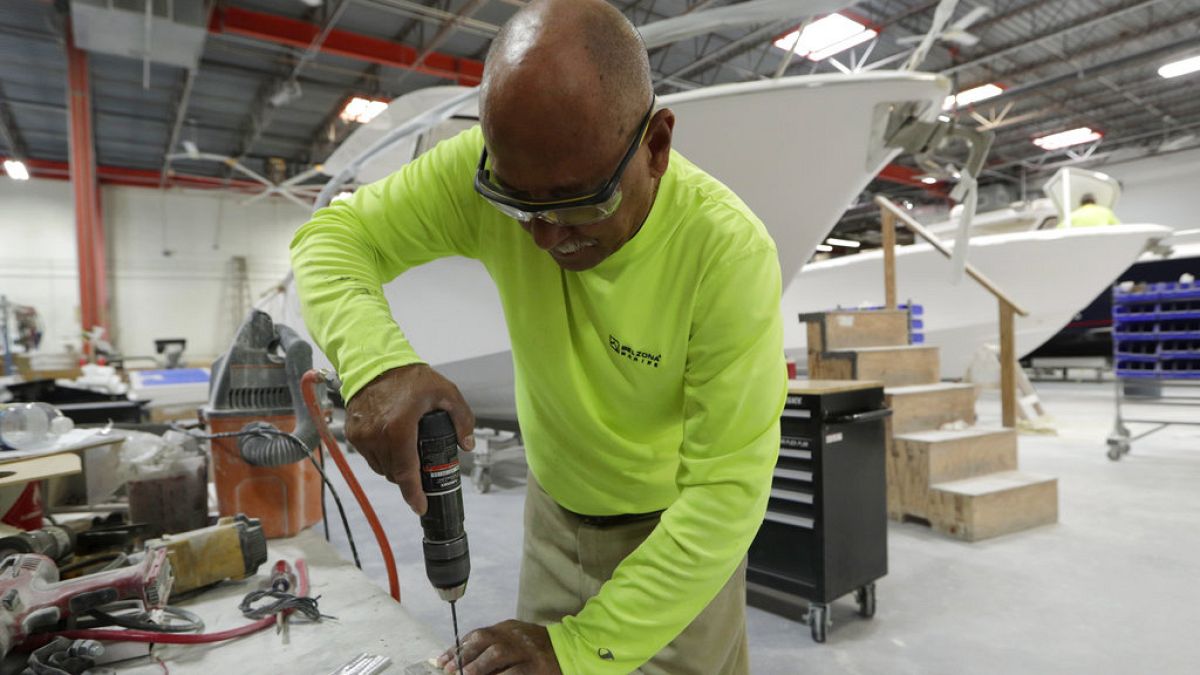
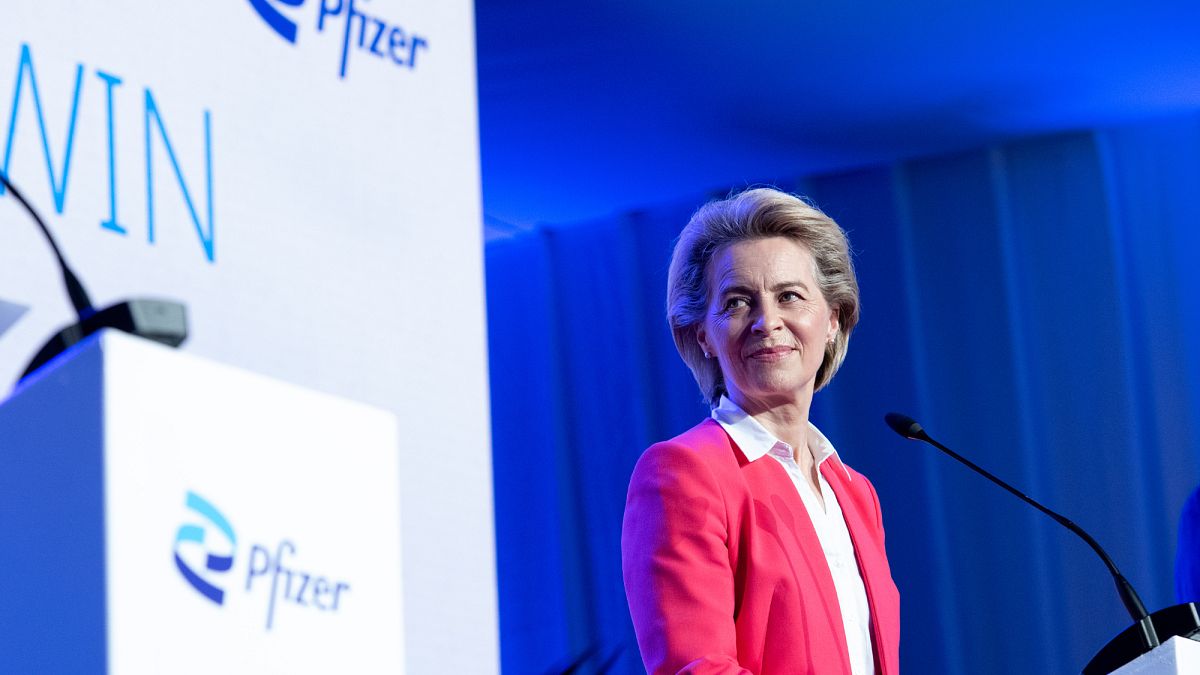
 We deliver critical software at unparalleled value and speed to help your business thrive
We deliver critical software at unparalleled value and speed to help your business thrive






 English (US) ·
English (US) ·